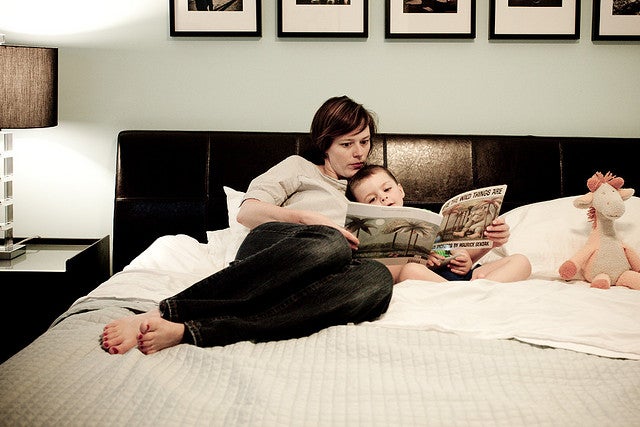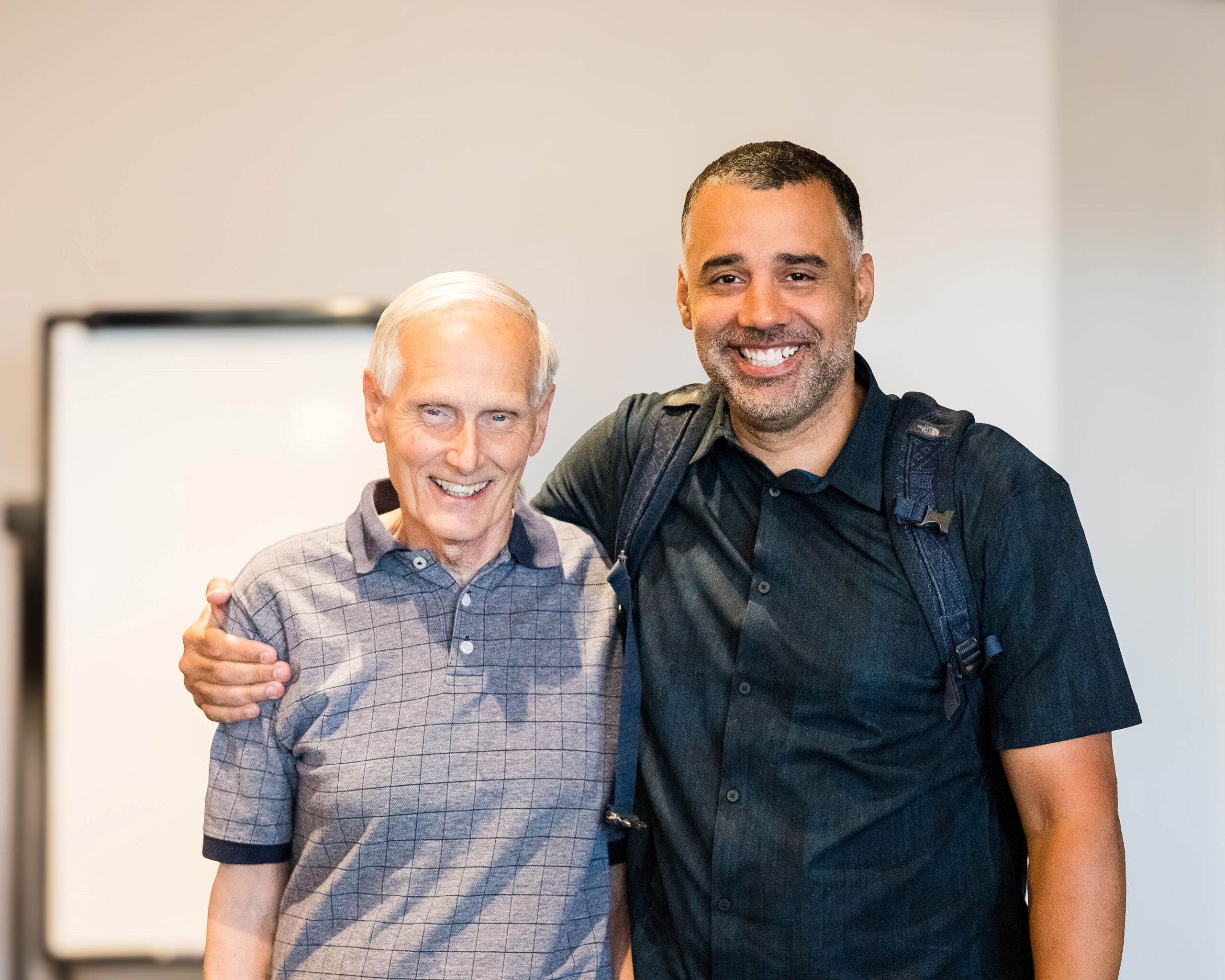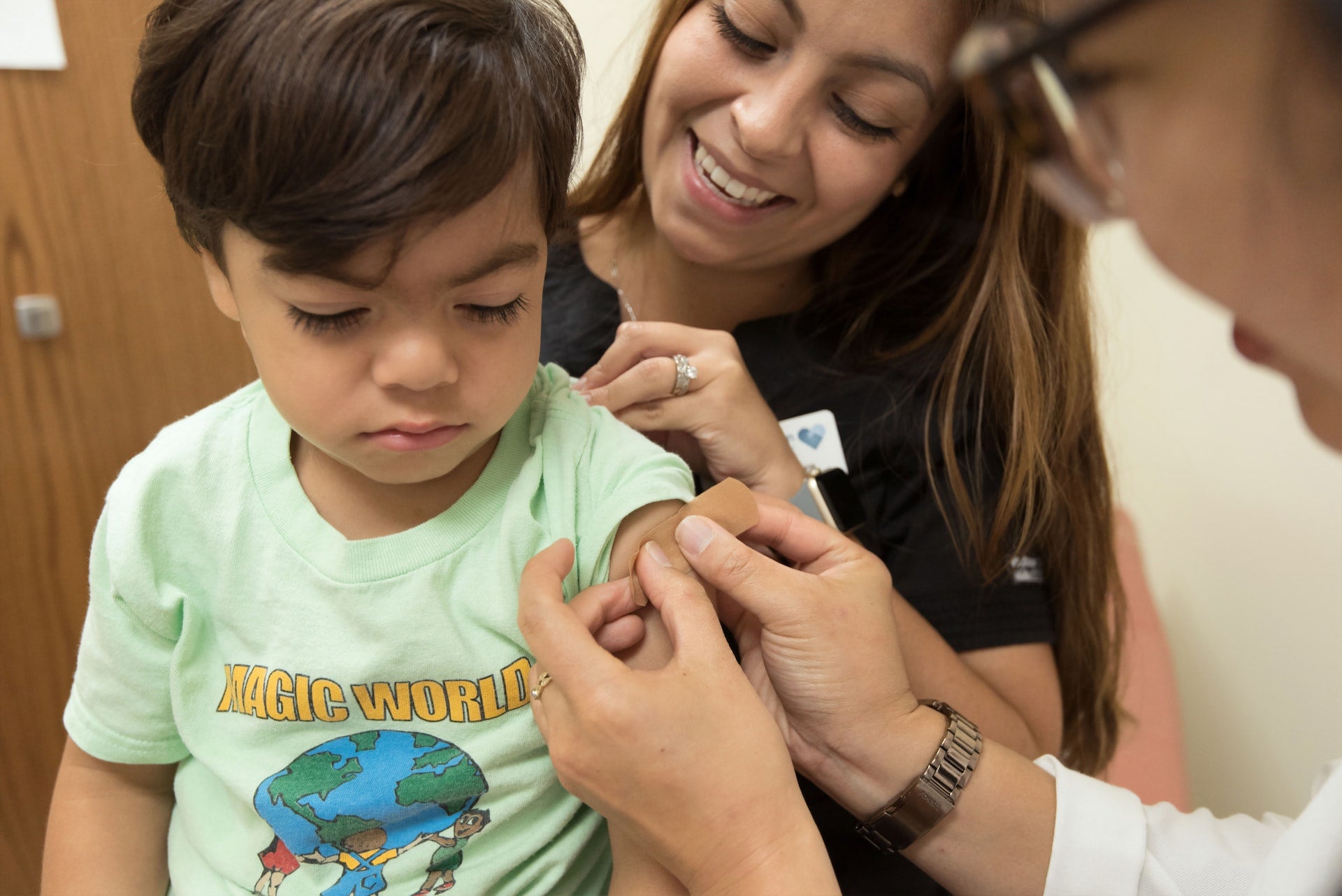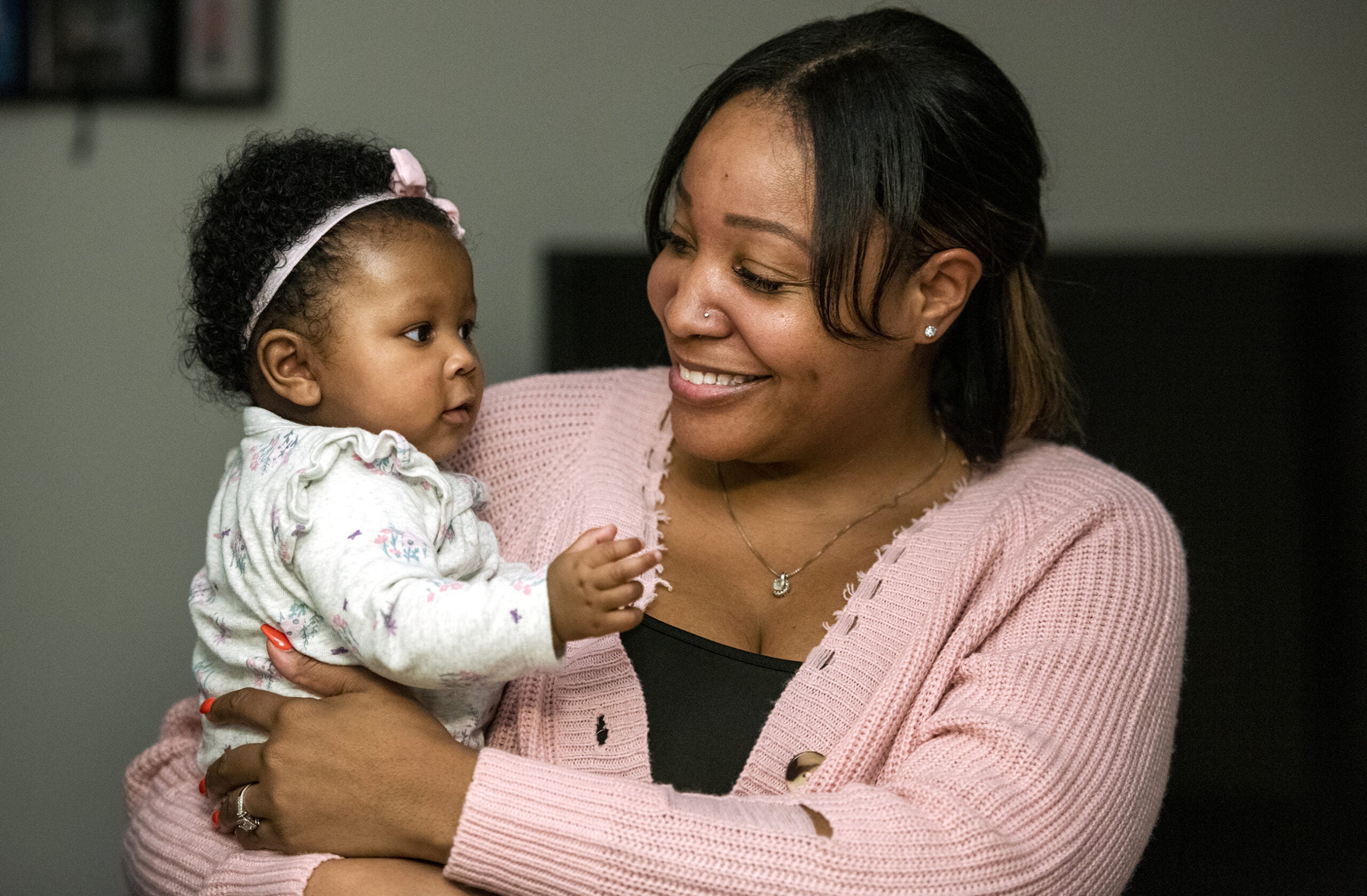The American Academy of Pediatrics (AAP) is urging parents to read to their children as soon as they’re born.
While the AAP weighs in a lot of health and development issues, this is the first time it has officially supported early literacy.
University of Wisconsin Health pediatrician Dr. Dipesh Navsaria is part of a national academy panel that has been assessing what drives early brain development. At a recent talk to the Madison Rotary Club, he explained how his job is changing.
Stay informed on the latest news
Sign up for WPR’s email newsletter.
“The new world of pediatrics in a sense is not just of ear infections and runny noses,” he said. “The brave new world is assuring child development – how do we get ready to live in our society, to be further educated, to be a productive member of the world we all inhabit.”
In a policy statement, the AAP said reading regularly to children stimulates brain development needed for language and social skills. Navsaria stressed that it’s more than just hearing words that spark brain development.
“What decides whether we get good wiring or not so good wiring, so to speak, is the nature of children’s interaction with those around them – with people not products,” said Navsaria. “In the first two years of life, iPads, tablets, DVDs, TV of any kind is actually not going to drive development in the same way those interactions with people do.“
Navsaria and other doctors have spearheaded the national program known as Reach Out and Read, which distributes books to young patients across Wisconsin. Likewise, the Medical College of Wisconsin promotes Reach out and Read in Milwaukee.
Wisconsin Public Radio, © Copyright 2024, Board of Regents of the University of Wisconsin System and Wisconsin Educational Communications Board.






